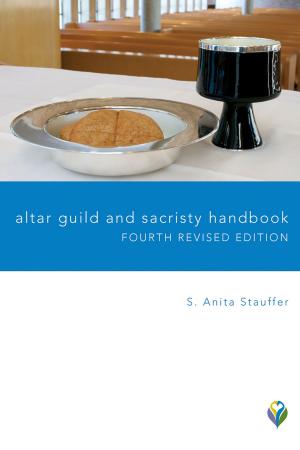Cancer is Funny
Keeping Faith in Stage-Serious Chemo
Nonfiction, Entertainment, Humour & Comedy, General Humour, Religion & Spirituality, Inspiration & Meditation, Biography & Memoir| Author: | Jason Micheli | ISBN: | 9781506408484 |
| Publisher: | Fortress Press | Publication: | December 1, 2016 |
| Imprint: | Fortress Press | Language: | English |
| Author: | Jason Micheli |
| ISBN: | 9781506408484 |
| Publisher: | Fortress Press |
| Publication: | December 1, 2016 |
| Imprint: | Fortress Press |
| Language: | English |
Jason Micheli, a young father, husband, and pastor, was diagnosed with a bone cancer so rare and deadly that his doctors didn’t classify it with one of the normal four stages—they simply called it “stage-serious.” As Micheli struggled with despair and faced his own mortality, he resolved that although cancer kills the body, it would not kill his spirit, faith, or sense of humor.
Micheli knew that the promise of faith makes hope possible. And approaching cancer as fodder for some bowel-busting humor helps, too. His reflections are not trite. Instead, he writes honestly about being stricken with lethal cancer in the midst of a promising career and raising two young children. He struggles with his commitment to the God who, as he writes, may or may not be doing this to him. Because figuring this out for himself—not to mention explaining it to his congregation and his sons—is so important that theology is now a matter of life and death. This is a funny, no-holds-barred, irreverent-yet-faithful take on the disease that touches every family. Micheli’s story teaches us all how to stay human in dehumanizing situations—how to keep living in the face of death.
Jason Micheli, a young father, husband, and pastor, was diagnosed with a bone cancer so rare and deadly that his doctors didn’t classify it with one of the normal four stages—they simply called it “stage-serious.” As Micheli struggled with despair and faced his own mortality, he resolved that although cancer kills the body, it would not kill his spirit, faith, or sense of humor.
Micheli knew that the promise of faith makes hope possible. And approaching cancer as fodder for some bowel-busting humor helps, too. His reflections are not trite. Instead, he writes honestly about being stricken with lethal cancer in the midst of a promising career and raising two young children. He struggles with his commitment to the God who, as he writes, may or may not be doing this to him. Because figuring this out for himself—not to mention explaining it to his congregation and his sons—is so important that theology is now a matter of life and death. This is a funny, no-holds-barred, irreverent-yet-faithful take on the disease that touches every family. Micheli’s story teaches us all how to stay human in dehumanizing situations—how to keep living in the face of death.















